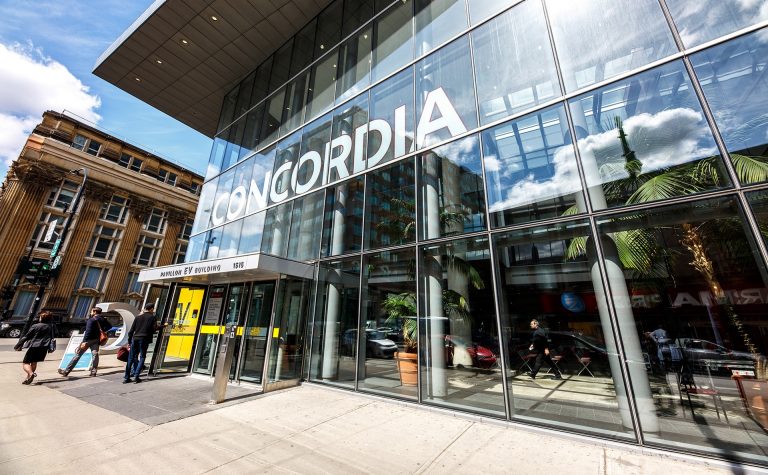The Master of Arts (MA) program in Music Therapy, Creative Arts Therapies at Concordia University is designed to provide students with advanced knowledge and practical skills in the field of music therapy. The program focuses on the therapeutic use of music and the creative arts to promote health, well-being, and personal growth in individuals and groups.
Here is a general overview of the MA program in Music Therapy, Creative Arts Therapies at Concordia University:
Music Therapy and Creative Arts Therapies: The program offers a comprehensive understanding of music therapy as a form of creative arts therapy. Students explore the principles and techniques of music therapy, along with an understanding of other creative arts therapies, such as drama therapy, art therapy, and dance/movement therapy. This interdisciplinary approach allows students to gain a broader perspective on the field and its applications.
Core Courses: The program typically includes a set of core courses that cover foundational concepts and skills in music therapy. These courses may include topics such as music therapy theories, techniques and interventions, psychopathology, research methods in music therapy, clinical improvisation, and assessment and evaluation in music therapy. The core courses provide students with a solid theoretical and practical foundation in music therapy.
Clinical Training: The MA program includes supervised clinical training experiences, where students have the opportunity to apply their knowledge and skills in real-world settings. Students work with clients under the supervision of experienced music therapists, gaining practical experience and developing their therapeutic abilities. The clinical training may take place in various settings, such as hospitals, mental health facilities, schools, community centers, or private practices.
Research Component: The program may include a research component, where students engage in research related to music therapy. This may involve conducting empirical studies, literature reviews, or case studies that contribute to the existing knowledge base in music therapy. The research component allows students to develop research skills and contribute to the advancement of the field.
Professional Ethics and Practice: The program emphasizes the ethical considerations and professional standards in music therapy practice. Students learn about ethical guidelines, professional boundaries, multicultural considerations, and the legal and ethical responsibilities of music therapists. This ensures that students are well-prepared to practice ethically and effectively as music therapists.
Certification and Licensure: Upon completion of the program, graduates are eligible to apply for certification as a music therapist through the Certification Board for Music Therapists (CBMT) and licensure as a music therapist in some jurisdictions. These credentials are important for professional practice and may vary depending on the requirements of the specific jurisdiction.
It's important to note that the specific course offerings, clinical training opportunities, and requirements may vary between academic years. For the most accurate and up-to-date information regarding the MA program in Music Therapy, Creative Arts Therapies at Concordia University, I recommend referring to the official Concordia University website or contacting the Department of Creative Arts Therapies.
Show less














